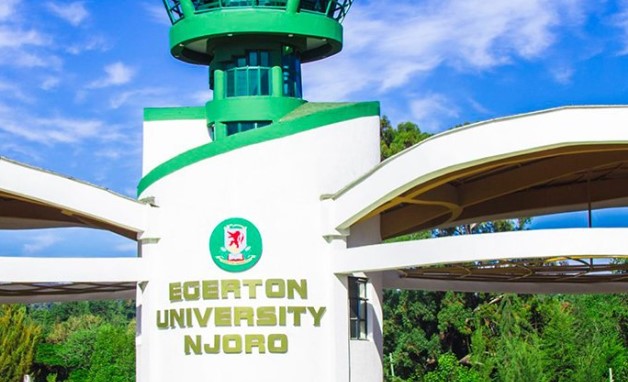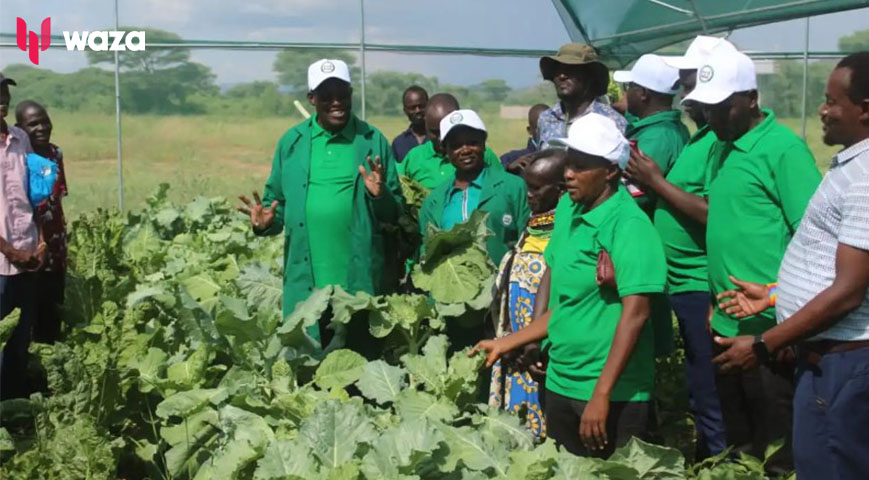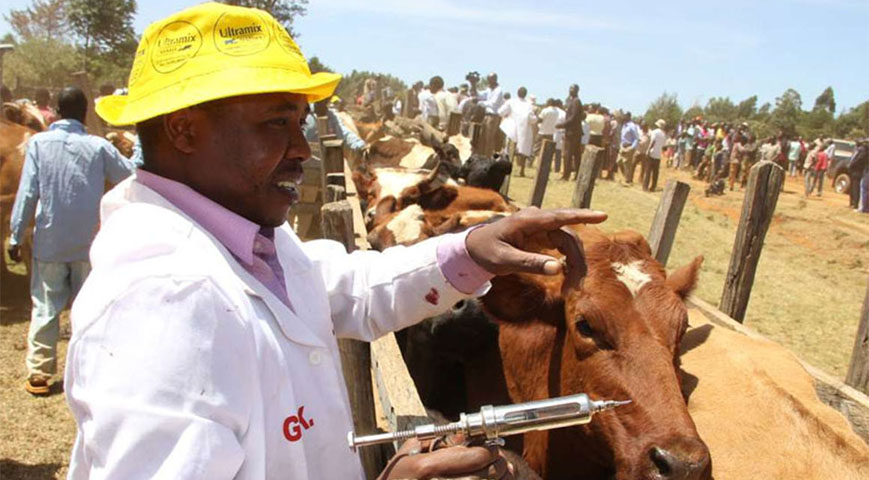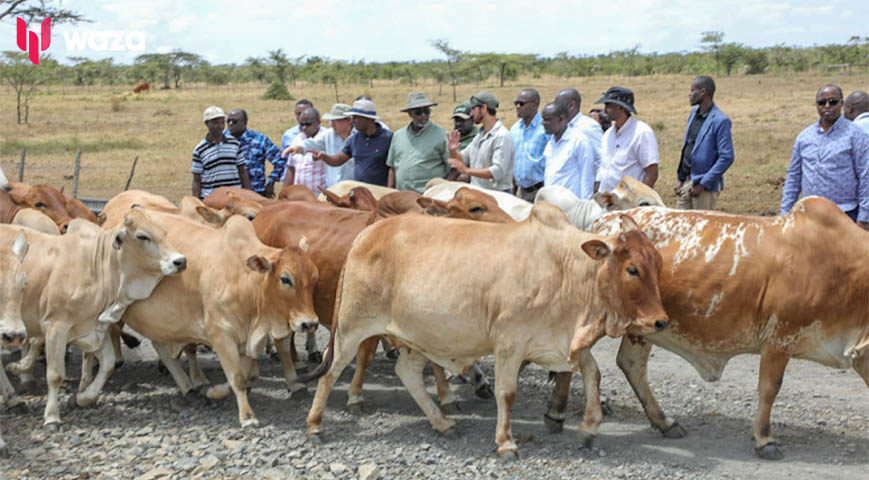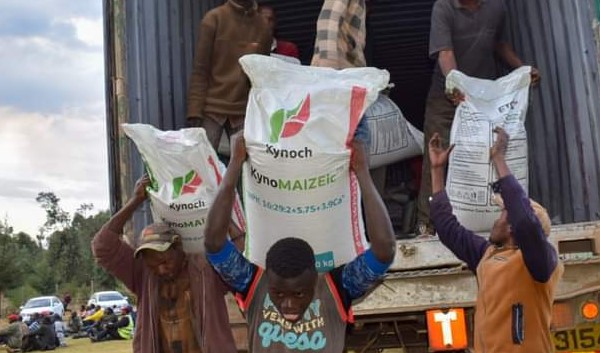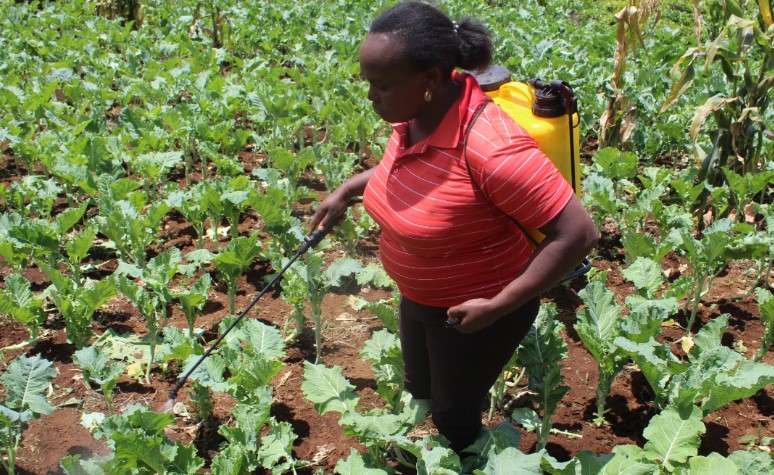Three researchers from Egerton University have won Kes194,629.346 for commercializing environmentally friendly and innovative bioinsecticides and tackling the effects of climate change.
Egerton University Director in charge of Research Professor Nancy Mungai noted that Professor Josiah Omollo had won a Kes128 million two-year Icipe Bioinnovate Africa grant for developing and commercializing innovative and environmentally friendly bioinsecticide products to combat insect pests.
She also noted that Professor Omollo is also a beneficiary of the Kes 256,400 Alliance for African Partnership Transforming Institutions Strategic Funding towards the operationalization of the International Centre for Genetic Engineering and Biotechnology Regional Research Centre (ICGEB RRC) based at Egerton University’s Njoro Main Campus.
Meanwhile, Professor Mungai revealed that Professor Wilkister Moturi of the Environmental Science department had secured a three-year grant of 400,000 British pounds Kes 62,270,000 from the European Commission to explore ways of mitigating the effects of climate change and development of policies and strategies aimed at conserving the environment and promoting sustainable development.
To add to that, she also announced that Dr Miriam K Charimbu’s research on the nutritional value and commercial potential of an African Leafy Vegetable locally known as Togotia had attracted Kes 4,964,995 funding from Innovate UK KTN Award 2022.
Did you read this?
“The grants will bolster our efforts to provide sustainable solutions to challenges facing our communities. We look forward to the positive impacts of his research for our communities and beyond. We commend our staff for conducting exemplary research, which has enabled the university to continue being visible globally,” she said.
Professor Omollo will work with, Professor Joshua Ogendo, Professor George Owuor, Dr John Nduko and Dr Bernard Kirui from Egerton University to provide a cost-effective and environmentally friendly solution for controlling insect pests that damage crops to enhance food security and reduce poverty in the region.
Other partners in the project include;Dr John Bwire and Dr Xavier Cheseto from the International Centre of Insect Physiology and Ecology (ICIPE) Dr Teresiah Njihia and Dr Samuel Muchemi of Farm Track Consulting Limited, Dr Matobola Joel Mihale and Professor Leonia Henry from The Open University of Tanzania and Dr Adrien Turamyenyirijuru and Dr Chantal Mutimawurugo of the University of Rwanda.
The 12 will examine ways of promoting the use of non-chemical pest-fighting measures to shield consumers from excessive chemical residues in food and protect the environment.
Their research comes in the wake of studies that have found that residues of toxic pesticides used in crop production have been finding their way into and wreaking havoc on human body systems.
“Toxicity is an obstacle to the right to food. Pesticides can persist in the environment for decades and pose a threat to the entire ecological system. Excessive use and misuse pollute water resources, causing loss of biodiversity, destroying beneficial insect populations and reducing the safety of our food,” stated Professor Omollo.

